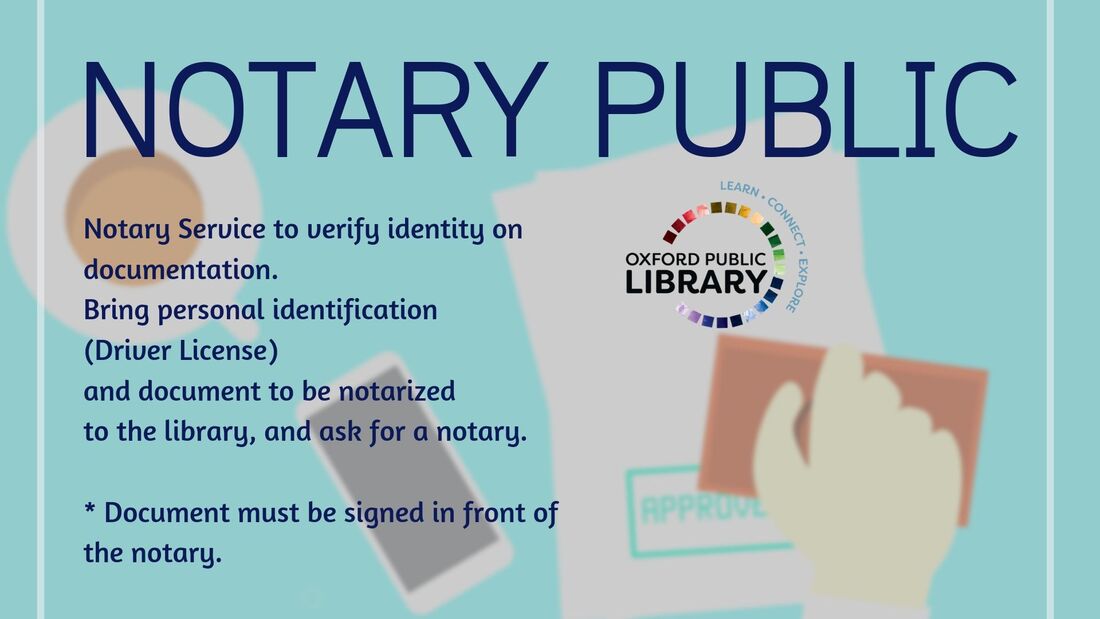Notary Public: Your Trusted Witness and Paper Authenticator
Notary Public: Your Trusted Witness and Paper Authenticator
Blog Article
Demystifying Notarial Work: Streamlining the Role and Significance of Notaries
Their role, usually shrouded in enigma for numerous, carries significant weight in guaranteeing the validity and integrity of essential documents. By untangling the complexities surrounding notarial practices and shedding light on the value of their acts, a clearer understanding emerges of the vital duty notaries play in maintaining the textile of legal and contractual agreements.
The Background of Notarial Work
The history of notarial work dates back to ancient human beings, where scribes played a crucial function in videotaping essential details and validating records. This led to the development of notaries, individuals assigned by the state to act as impartial witnesses in lawful issues.
Throughout the Center Ages, notaries gained importance in Europe, with their features increasing to consist of drafting legal files, accrediting trademarks, and maintaining records. The rise of worldwide profession additionally emphasized the significance of notarial work in validating agreements and arrangements across borders.
In the modern age, notaries remain to play a vital function in legal and business purchases by validating identifications, confirming the authenticity of documents, and stopping fraudulence. Their duty in certifying the validity of agreements adds a layer of safety and trust fund to the ever-evolving landscape of commerce and law.

Obligations and Duties of Notaries
The historic advancement of notarial job from old worlds to the contemporary period has formed the unique responsibilities and obligations that notaries promote in lawful and service purchases today. Notaries play an important function in verifying the credibility of papers and the identification of signatories. Among their key duties is to witness the finalizing of crucial files, such as actions, agreements, and wills, to make certain that all events are becoming part of contracts intentionally and voluntarily. Notaries also verify that notaries are of audio mind and not under discomfort or coercion.
Moreover, notaries are entrusted with providing affirmations and oaths, which are important in legal proceedings and the implementation of affidavits. They accredit duplicates of original records, supplying guarantee to establishments that the copies hold true reproductions of the originals. Notaries must keep exact documents of all deals they supervise to make certain transparency and liability. In general, the responsibilities and obligations of notaries are crucial in guarding the stability and validity of various files and transactions.
Notarial Certificates and Signatures
Exhibiting careful focus to information, notarial certificates and signatures function as important components in verifying the authenticity of legal papers. Notarial certifications normally have important details such as the day of notarization, the names of the notaries, a find this description of the record, and the notary's official seal. These certificates give a clear record of the notarial act, making sure that the record can be quickly determined and mapped back to the notary that oversaw the process.
Signatures play an essential function in notarial job, as they represent the contract and authorization of the celebrations entailed. Notaries meticulously witness the signing of documents to verify the identity of the signatories and confirm that they are authorizing of their very own free choice. By affixing their official seal and trademark to the file, notaries accredit that the needed treatments have actually been adhered to and that the file is legitimate and enforceable.
Essentially, notarial certificates and signatures are the hallmark of credibility in legal transactions, giving guarantee to all events entailed that the files are genuine and binding.
Importance of Notarial Acts

Registration Refine Clarified
The registration procedure typically begins with the specific offering the paper to a notary public. As soon as the identity is confirmed, the notary ensures that the specific signing the document does so voluntarily and without any type of browbeating.

Conclusion

Notarial certifications typically include critical details such as the date of notarization, the names of the signatories, a summary of the paper, and the notary's main seal. These certifications supply a clear document of the notarial act, guaranteeing that the file can be easily determined and mapped back to the notary that supervised the process.
By fastening their main seal and trademark to the file, notaries license that the essential procedures have been adhered to and that the file is enforceable and legitimate.
By validating the identification of the notaries, verifying their desire to enter right into the contract, and certifying the day and location of the finalizing, notaries play a crucial duty in maintaining the credibility of legal documents.After the paper is authorized, the notary will affix their main seal or stamp onto the record.
Report this page